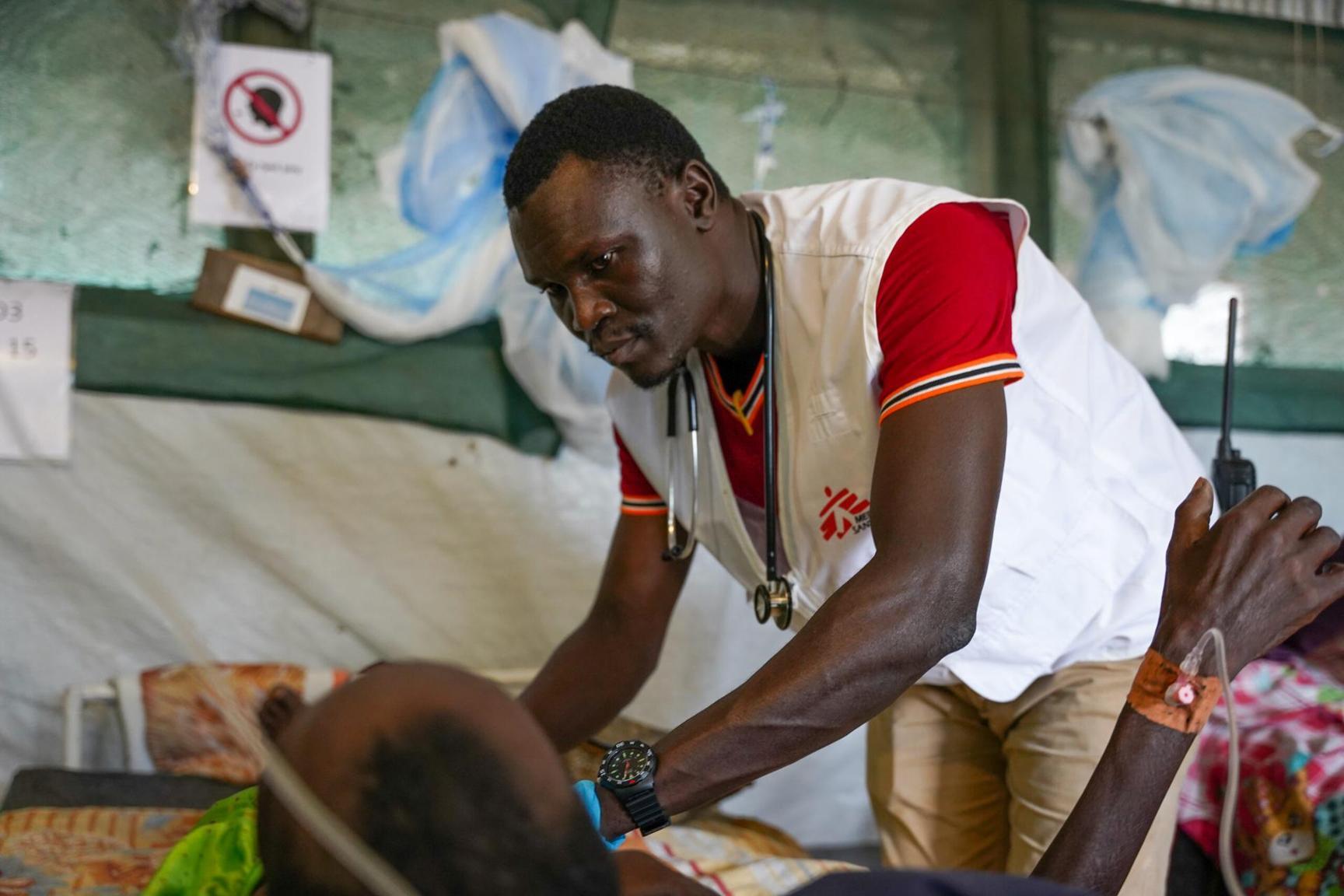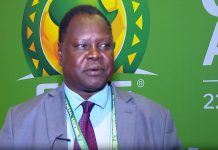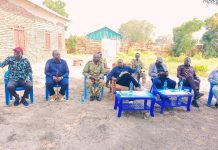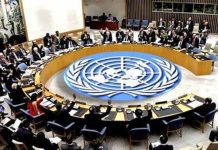Africa-Press – South-Sudan. Doctors Without Borders (MSF) in South Sudan reported on Sunday that it had treated 50 civilians who were injured in an attack in Adong Payam of Bailet County, Upper Nile State.
The attack which occurred on 14 November resulted in the deaths of over 70 individuals, primarily women, children, and the elderly, and left more than 60 others injured in Adong Payam of Bailet County.
The deadly attack has been linked to the white army and SPLA-IO from Nasir and Ulang county in Upper Nile State.
Zakaria Mwatia, MSF head of mission in South Sudan, said they received at their facility 50 wounded individuals, including five critically injured patients requiring immediate surgical intervention, with three deaths recorded at the facility.
“As many are reported missing, we expect to receive even more wounded,” Zakaria said in a statement extended to Sudans Post on Sunday.
Zakaria expressed deep alarm at the violence against civilians that erupted in Adong Payam following the attack on the local community.
“We call for the protection of civilians and for free, unhindered access for all wounded to ensure they receive the medical care they urgently need,” he said.
He noted that the ongoing escalation of violence in Upper Nile State, where insecurity is already prevalent, is further deteriorating the humanitarian and medical situation.
He stated that humanitarian partners reported over 60 deaths and 66 injuries, including 30 major injuries requiring urgent surgical and specialized care.
“MSF remains committed to providing impartial medical care to all those affected by this violence, based solely on need. However, our ability to do so must not be continually jeopardized by violence and disregard for humanitarian principles.”
Zakaria said this rapidly worsening crisis is placing immense strain on already fragile health and humanitarian systems.
“We urge armed groups to spare civilians and to allow unhindered access to healthcare,” he said.
According to him, the escalating insecurity has had immediate consequences for aid delivery, and persistent security threats risk cutting off even more vulnerable communities from essential healthcare services.
For More News And Analysis About South-Sudan Follow Africa-Press






